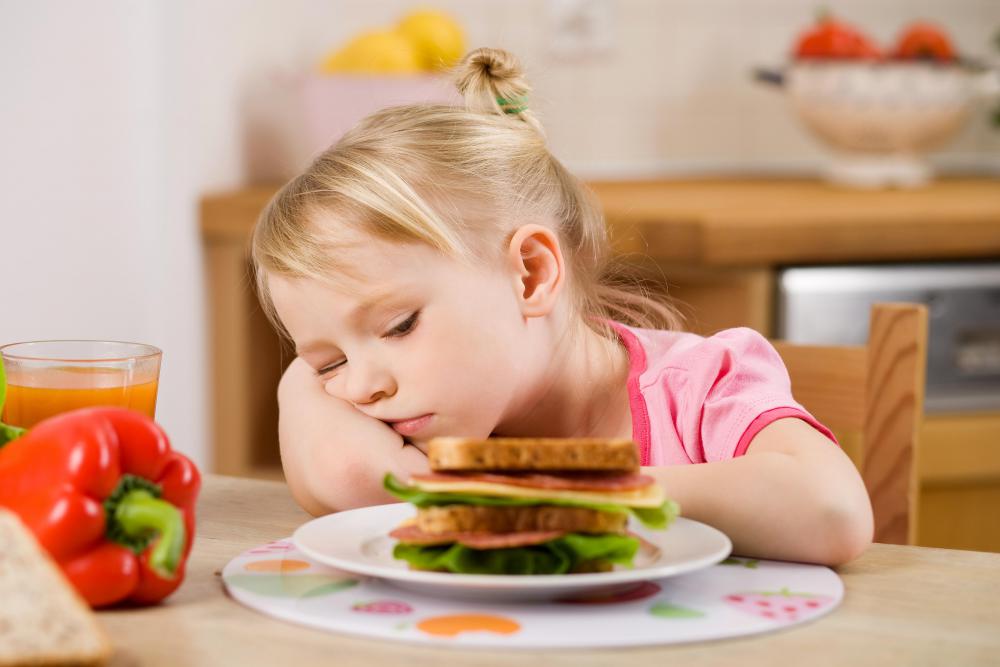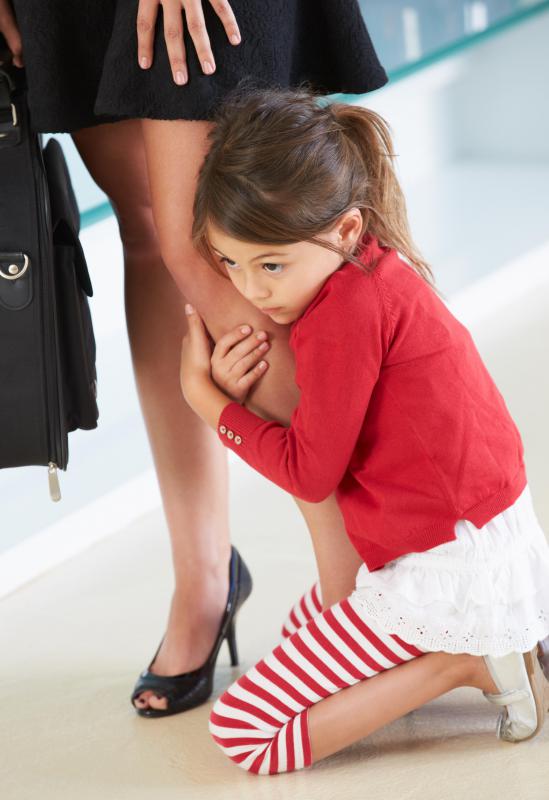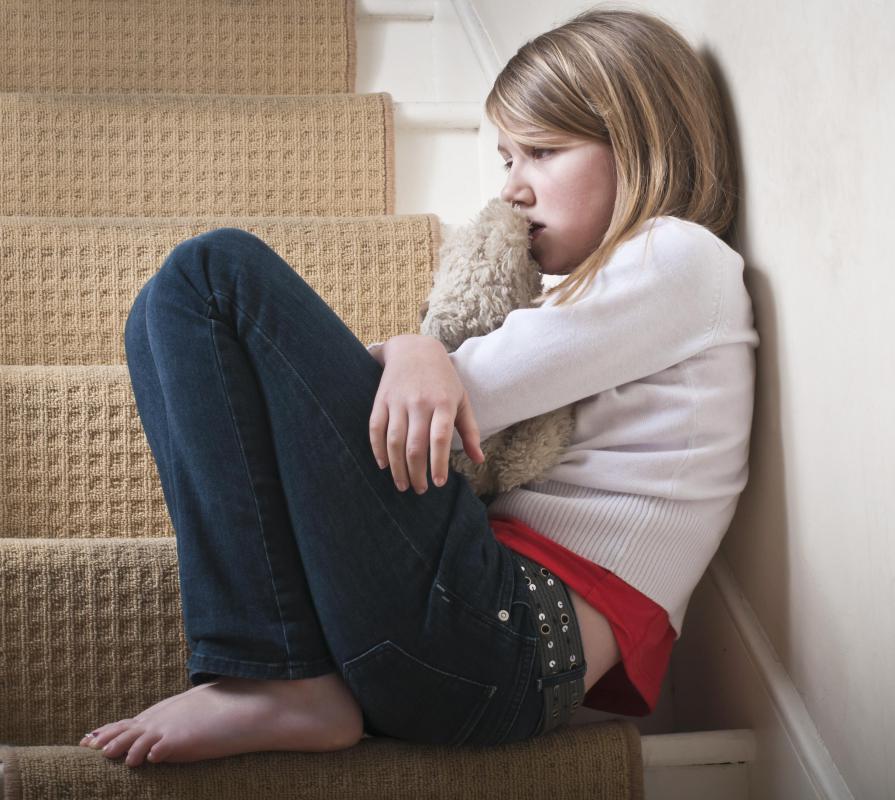At WiseGEEK, we're committed to delivering accurate, trustworthy information. Our expert-authored content is rigorously fact-checked and sourced from credible authorities. Discover how we uphold the highest standards in providing you with reliable knowledge.
What Are the Signs of Bereavement in Children?
The standard signs of bereavement in children are loss of appetite, insomnia, and heightened emotions. Children experience different emotions and stages of bereavement based on their age and emotional maturity. In other words, the signs of bereavement in a six-year-old can be vastly different than in a preteen. Either way, the issue of death can be confusing and painful for a child, especially if a parent is not emotionally capable of providing comfort.
Infants do not understand death, but can experience a sense of loss and separation. This is particularly true if the infant’s primary caregiver is the person who passed away. Bereavement signs in children less than one-year-old generally involve being less active and less responsive to positive stimuli. The child might also lose weight due to loss of appetite and sleep less than usual. These reactions to death are usually not observed if the child did not have a strong bond with the recently deceased.

In addition to appetite loss and minor insomnia, signs of bereavement in children from age two to six years old might be loss of bladder and bowel control if the child is already potty-trained. It is not unusual for signs of bereavement in children to include excessive concern about their own or a relative’s well-being, emotionally clinging to a parent, and uncharacteristic aggressiveness. Normally, children around this age are unable to completely grasp the concept of death. They can confuse death with sleeping or believe the deceased is still alive but far away. Funerals can be especially confusing for a child who does not understand death, and he or she might question the burial process.

By the time a child is nine years old, his or her signs of bereavement are similar to an adult’s. The child typically understands death to some degree and knows that it is an unavoidable consequence of life. Although it is normal to experience mood swings, destructive behavior, and a feeling of abandonment by the deceased, children of this age generally no longer view death as a punishment.

Around the age of 12, the signs of bereavement in children can include feeling guilty about being alive, emotional outbursts, and anger toward the deceased. Normally, kids around this age are no longer confused about the concept of death. They know that death is final, can happen to anyone, and will someday happen to them.
AS FEATURED ON:
AS FEATURED ON:













Discussion Comments
@Mor - I don't think children should be completely shielded if there happens to be a death in the family, but it's terrible when someone very close to them passes away, especially a parent.
I actually don't think anyone is very good at dealing with bereavement, whether they are children or adults.
You just miss the person all the time and eventually you stop thinking about it so much. The worst thing is if you are a child you don't have as many memories to draw on.
So if you know a child who wants to talk about the person who died, tell them what they want to know. Let them build some more memories from yours.
@pleonasm - I think a lot of students probably remember the first time a person in their school died. We had a girl commit suicide in high school and it set off a lot of grief among everyone. Even people who didn't know her very well.
In a way, I guess it's a good thing to experience a death at that age though (not that I would wish it on anyone). I have had a couple of friends who never knew anyone who died until they were adults and they never seemed to know how to deal with it. They keep the feelings all bottled up inside because they don't know what else to do.
When I was around eight years old one of my classmates passed away. She had been sick for a long time and I had often hung out with her in the classroom at recess, because I was a bit of a bookworm and she wasn't well enough to play outside.
When her mother talked to my mother at the funeral, she mentioned that the girl had considered me to be one of her best friends. I didn't even realize that we were friends. I mean, I didn't know she cared that much about me.
I remember feeling terribly guilty about that, even at that young age. I just didn't know how to cope with that kind of mourning and regret.
Post your comments